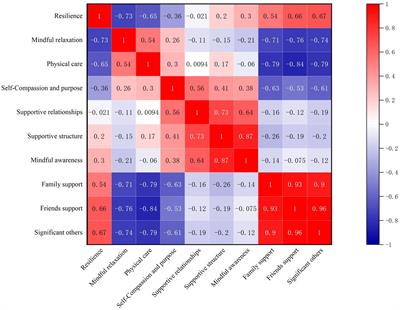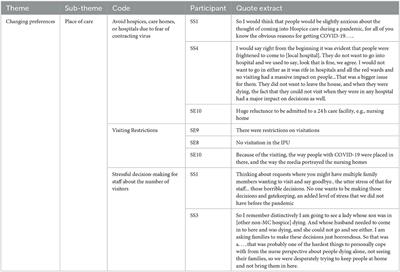EDITORIAL
Published on 27 Nov 2024
Editorial: International Day of Happiness 2023: caring for ourselves so that we may care for others
doi 10.3389/fpubh.2024.1527659
- 212 views
3,373
Total downloads
13k
Total views and downloads
Select the journal/section where you want your idea to be submitted:
EDITORIAL
Published on 27 Nov 2024
ORIGINAL RESEARCH
Published on 10 Jul 2024

COMMUNITY CASE STUDY
Published on 04 Apr 2024

ORIGINAL RESEARCH
Published on 25 Oct 2023

ORIGINAL RESEARCH
Published on 08 Jul 2022

COMMUNITY CASE STUDY
Published on 13 May 2022


Frontiers in Psychiatry